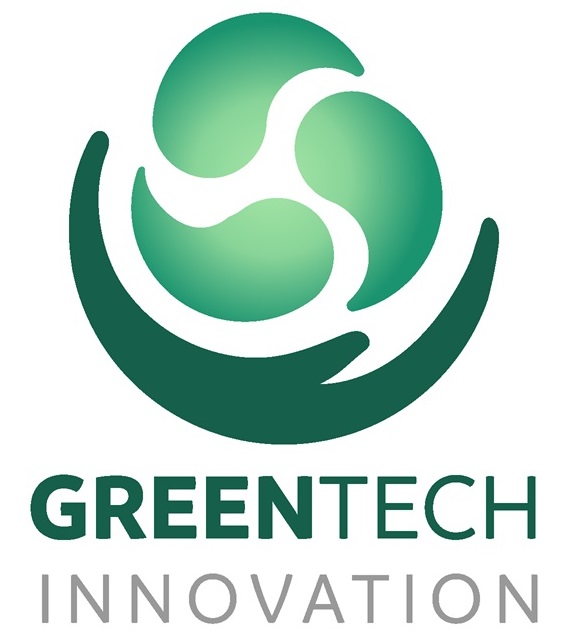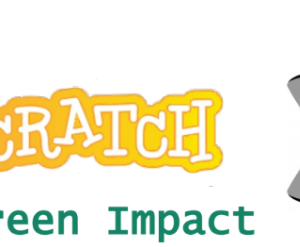GreenTech Innovation is an incubator based in Boumerdes (50 km from Algiers), Algeria. Our role is to help children, students, start-ups and companies to innovate while respecting the environment.

Overview of the project

Scratch for Green Impact is a competition for children (aged 10-16) combining programming and environmental education using the Scratch language.
Participants created animations about water, electricity, waste and plastic bags.
The 10 best projects were published online, and the 3 winners were awarded the title of “Green Ambassador”.
The awards ceremony took place on World Environment Day, 2 June 2024 in Algiers.
Using digital technology to help children raise environmental awareness in innovative ways.
Ongoing research
22/01/2024-02/06/2024
The 1ʳᵉ edition of the ‘Scratch for Green Impact’ competition brought together 387 children from 46 wilayas.
They took two online courses: Scratch at the start of the competition and an introduction to AI at the end.
The aim of these courses was to strengthen their digital skills while raising their awareness of environmental issues.
Participation was evenly spread across the 10 to 16 age group.
The 1ʳᵉ edition of the ‘Scratch for Green Impact’ competition trained nearly 400 children in programming.
They illustrated eco-responsible actions on water, electricity, waste and plastic bags.
The winner in Algiers trained his friends in Scratch, while the runner-up in Tizi Ouzou ran environmental workshops.
The competition combined digital learning with a commitment to the environment.
Sponsorship from public and private companies in various sectors - energy, telecoms, insurance and others - was the main source of funding for this project.
organisation
GreenTech Innovation, an incubator based in Boumerdes (50 km from Algiers), supports children, students, start-ups and businesses in sustainable innovation. It has the first private Fablab in Algeria, integrated into the global network. Its activities include tech training, entrepreneurship, prototyping, awareness-raising and educational outings.
This project engaged and trained young farmers, entrepreneurs and activists on agroecology and climate issues.
It promoted local consumption, the circular economy and low-impact agriculture.
The project also supported the creation of a biofertilizer unit led by youth and women’s associations.
